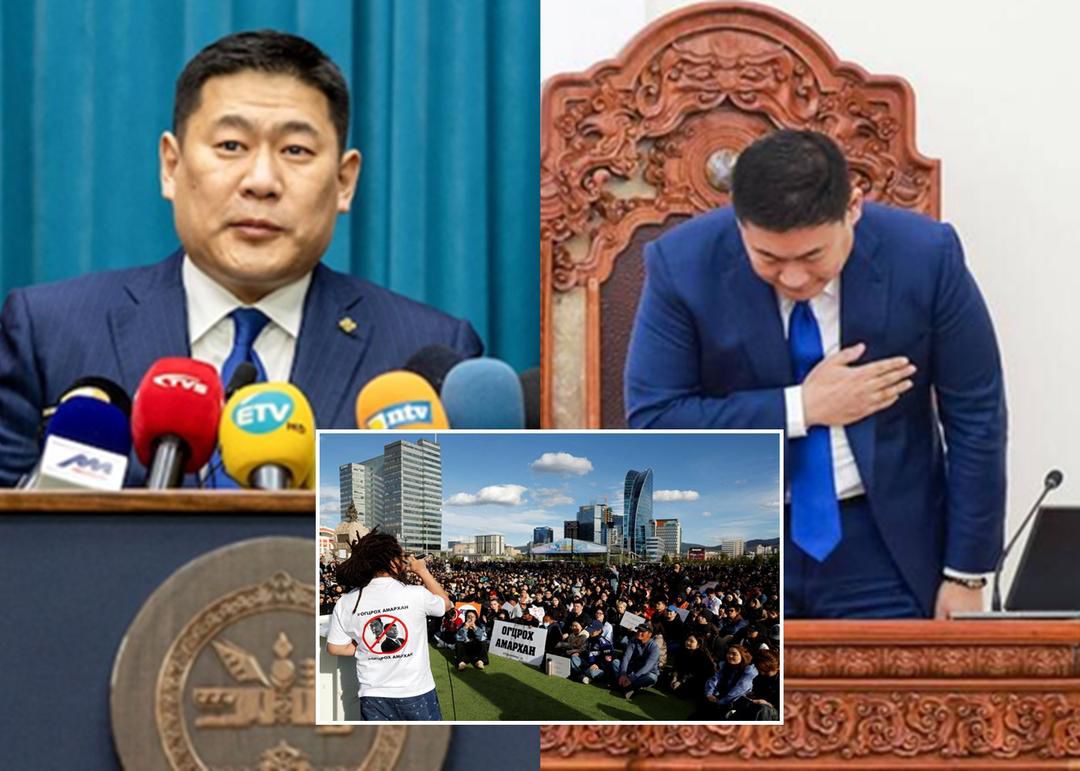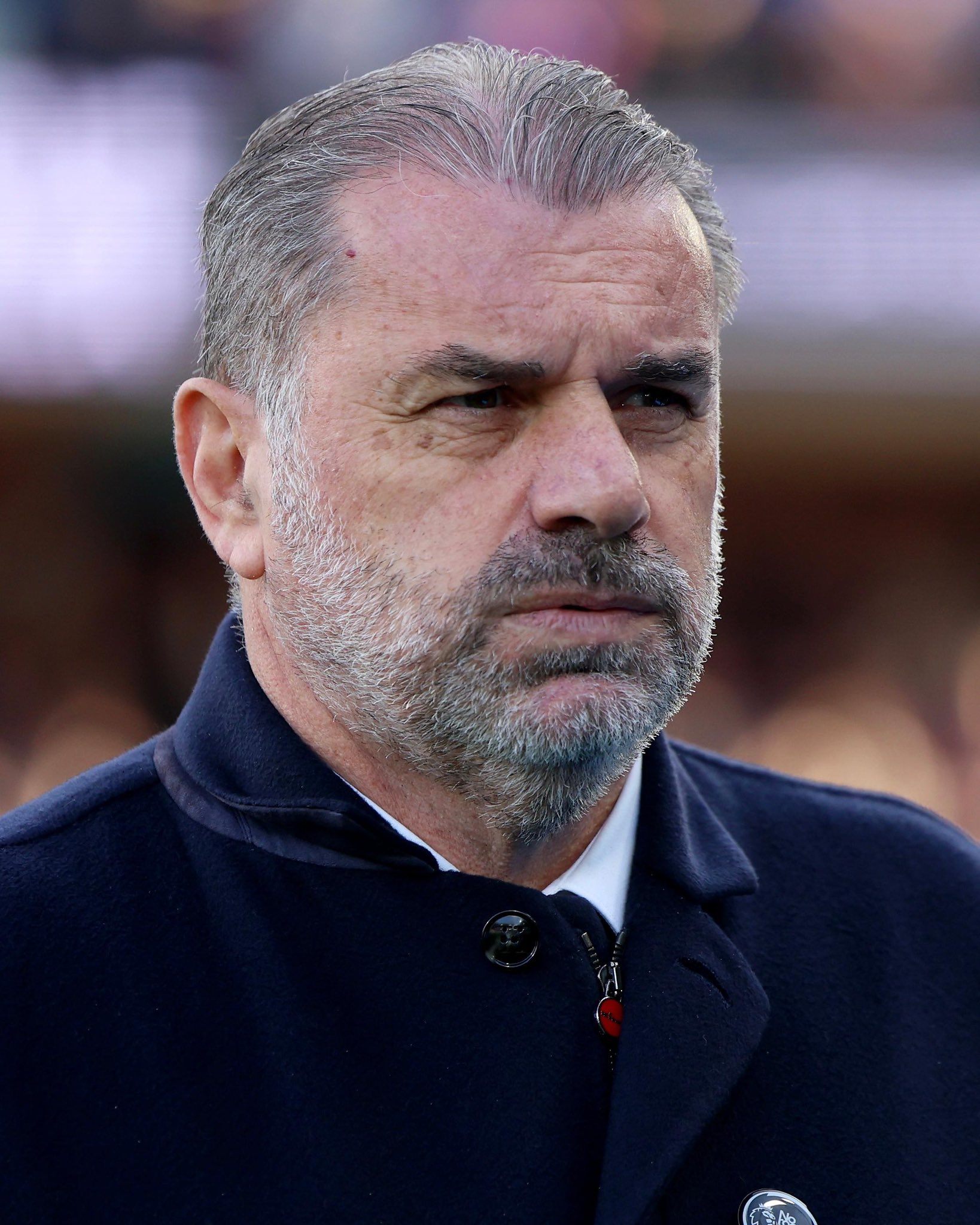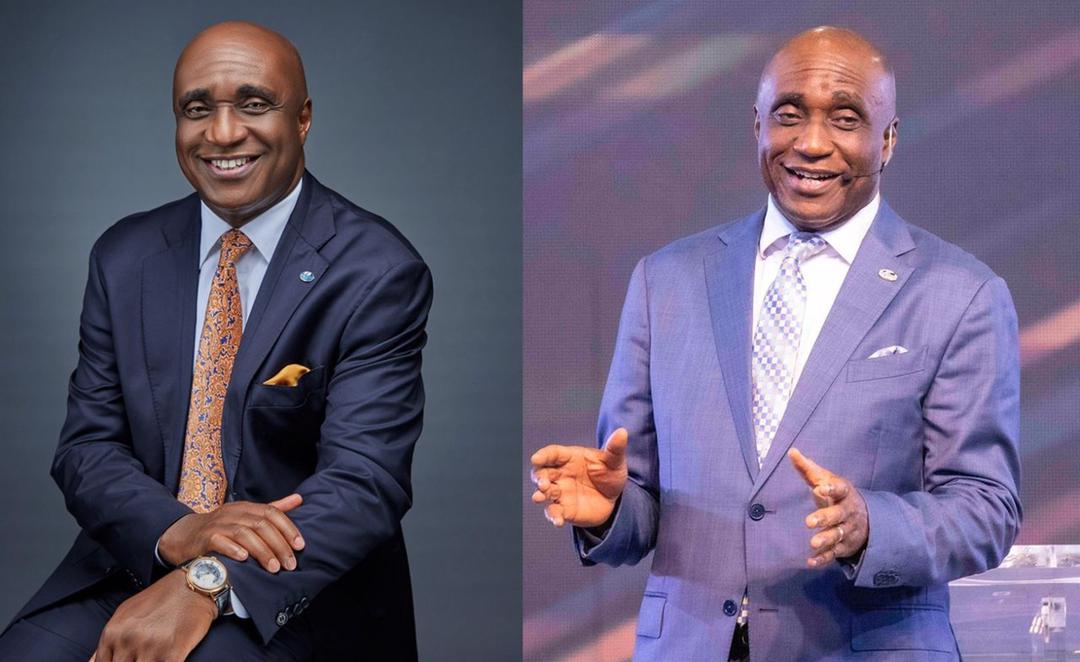
Mongolia’s Prime Minister Resigns as Public Fury Erupts Over Son’s Lavish Lifestyle

In a stunning political development that has sent shockwaves through Mongolia’s government, Prime Minister Luvsannamsrain Oyun-Erdene tendered his resignation late Wednesday evening amid a growing scandal centered on his son’s extravagant lifestyle. The move comes after weeks of mounting public outrage, street demonstrations, and viral social media backlash, all fueled by revelations of lavish spending and overseas indulgences by the Prime Minister’s only son, Oyun-Erdene Bat-Erdene.
The Prime Minister’s resignation marks the most significant political fallout in Mongolia since the 2008 protests, and underscores the volatile intersection of public trust, wealth inequality, and accountability in one of Asia’s rapidly developing democracies. Although Oyun-Erdene denied any personal wrongdoing, he stated that stepping down was necessary to “preserve the integrity of the office and the faith of the people.”
What began as scattered social media posts showcasing Bat-Erdene’s opulent lifestyle—luxury cars in Los Angeles, designer clothes from Paris fashion houses, high-stakes gambling in Macau, and rumored multi-million-dollar property acquisitions—quickly snowballed into a full-fledged national controversy. Videos showing Bat-Erdene allegedly boasting about his untouchable status due to his father's position only intensified public anger. For many Mongolians struggling with high inflation, youth unemployment, and deepening wealth disparity, the images were a painful reminder of an elite increasingly disconnected from the realities of everyday life.
Protests began quietly in Sukhbaatar Square two weeks ago but swelled into tens of thousands, with citizens demanding not only the resignation of the Prime Minister but a broader reckoning with governmental corruption and nepotism. Demonstrators waved signs reading “Not With Our Money,” “Justice for the People,” and “Enough is Enough,” as calls for transparency rang out in the heart of the capital.
By Monday, the protests had taken on a life of their own. Teachers, students, herders from the countryside, and urban professionals marched side-by-side, paralyzing central Ulaanbaatar and prompting an emergency session of the State Great Khural (Parliament). Despite initial resistance from the ruling Mongolian People’s Party (MPP), pressure became insurmountable. Inside sources say key coalition members warned Oyun-Erdene privately that his position was no longer tenable.
In his official resignation letter, Oyun-Erdene wrote, “I have always strived to serve Mongolia with honor and humility. However, I cannot allow the actions of any individual, even within my own family, to damage the democratic institutions we have built. I take responsibility for my failure to maintain the dignity of this office.”
Political analysts have described the moment as a “watershed” for Mongolian civil society. “This wasn’t just about one young man’s excess,” said Enkhbayar Tserendorj, a political science professor at the National University of Mongolia. “It tapped into a much deeper frustration with the political class. The people feel their leaders are living in a different world, immune to the struggles of the ordinary citizen.”
What makes the scandal more explosive is the growing suspicion that Bat-Erdene’s lavish lifestyle may have been financed through murky state contracts or foreign kickbacks. Though no concrete evidence has been released to support these claims, activists are now calling for a full investigation into government financial practices. The Anti-Corruption Agency of Mongolia has reportedly launched a preliminary inquiry.
The resignation has also thrown the Mongolian People’s Party into a leadership crisis ahead of the 2025 general elections. Oyun-Erdene, once seen as a progressive reformer and a key figure in Mongolia’s Vision 2050 development plan, had championed a digital economy and anti-corruption agenda during his tenure. But critics now argue that his failure to keep his own house in order has undone much of the credibility he had worked to build.
President Ukhnaagiin Khürelsükh, who has so far remained publicly silent on the matter, is under growing pressure to address the scandal and initiate broader institutional reforms. Political observers speculate that he may call for a snap election or a national commission to investigate corruption within the highest levels of government.
Meanwhile, social media remains ablaze with reaction to the resignation. Hashtags like #MongoliaRises and #JusticeForAll have trended on Twitter and Facebook, and public forums across the country have turned into impromptu town halls, where citizens debate the future of their democracy. Many young people, who make up nearly half of the population, have expressed a renewed sense of civic engagement.
One protestor, 23-year-old medical student Enkhjin Munkh, summed up the public mood: “We are not angry just because the Prime Minister’s son lived like a king. We are angry because so many of our leaders do. We want a government that reflects our struggles and our hopes, not one that lives in mansions while we share one-bedroom apartments.”
In the aftermath of the resignation, the Parliament has 30 days to appoint a new Prime Minister. While several names are already being floated within the MPP and opposition parties, the road ahead promises to be turbulent. The public, empowered by what they see as a rare political victory, is unlikely to accept cosmetic changes. Many believe this is a moment for transformative leadership, and a critical opportunity to address the systemic problems that allowed such a scandal to fester.
As the sun rises over Ulaanbaatar, the echoes of protest chants still ring through its cold June air. Oyun-Erdene’s resignation may have closed one chapter, but the national conversation about privilege, accountability, and the soul of Mongolian democracy has only just begun.


